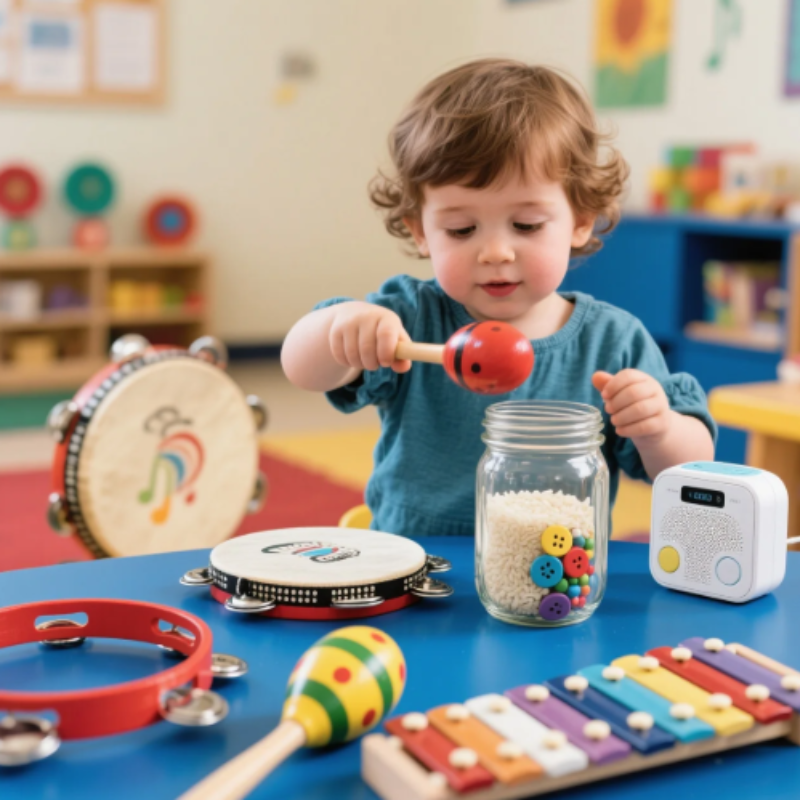Parenting teenagers is a balancing act—giving them freedom to grow while also setting healthy boundaries. But sometimes, the balance tips in a way that feels off. Instead of simply testing limits (which is normal for adolescents), some teens begin to push for control over family dynamics, rules, or even their parents’ emotions.
But how do you know if your teenager is being controlling—and not just moody, independent, or strong-willed? Here are some clear signs, explained with real-life examples to help you spot the difference.
1. They Frequently Challenge Every Rule ⚖️
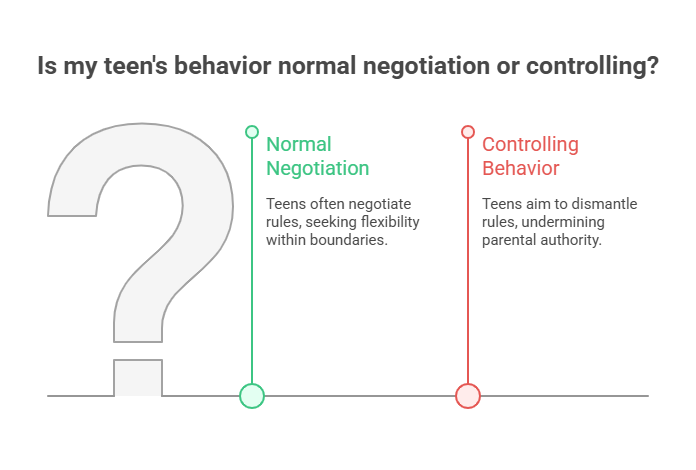
It’s normal for teens to negotiate a curfew or argue about screen time. But if every boundary you set becomes a battlefield, it may signal something deeper. A controlling teen doesn’t just ask for flexibility—they aim to dismantle the rule entirely, leaving you second-guessing your authority.
Example: You say, “Dinner is at 7.” Instead of asking for an exception, your teen insists, “That’s ridiculous. We’re eating when I’m ready.”
2. They Use Guilt or Emotional Manipulation 😔
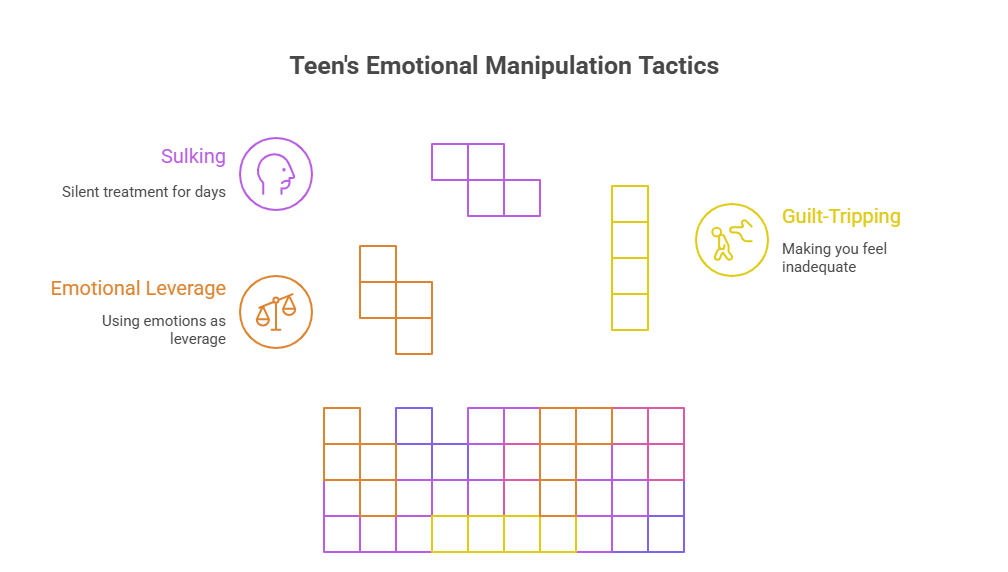
A key sign of controlling behavior is when your teen uses emotions as leverage. They may guilt-trip you, sulk for days, or make you feel like a “bad parent” for holding a boundary. Over time, you might find yourself giving in—not because you agree, but because you want to avoid the emotional storm.
Example: You limit phone time. They respond, “Everyone else’s parents trust them. You clearly don’t love me as much as their parents do.”
3. They Dominate Family Decisions 🏠
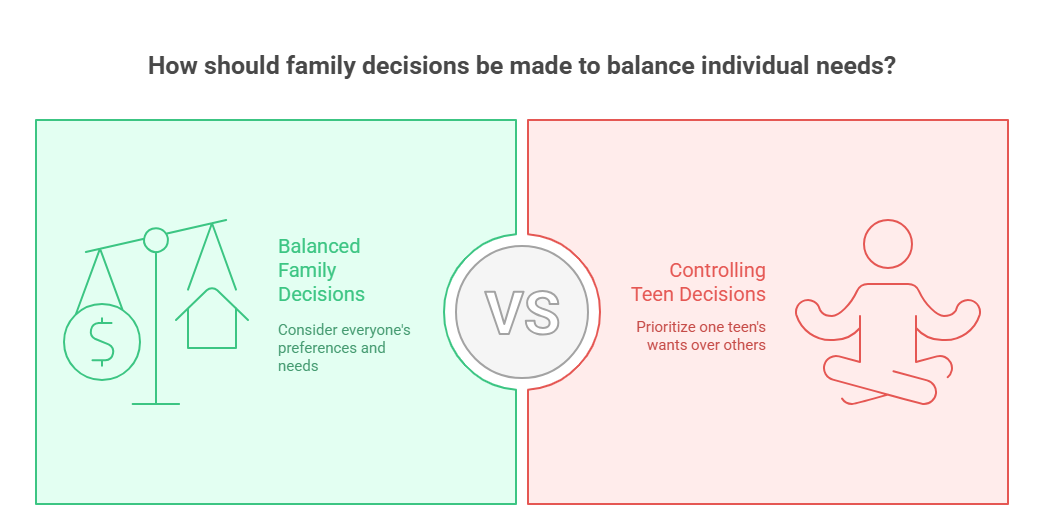
Does your teenager often steer the family’s schedule, meals, or activities to fit their preferences? While teens should have a voice, a controlling teen tends to make their wants the priority—leaving siblings or parents to adjust around them.
Example: Family movie night becomes an argument until their pick wins. Vacations shift to their interests, while others’ ideas get dismissed.
4. They React Intensely When Things Don’t Go Their Way 🔥
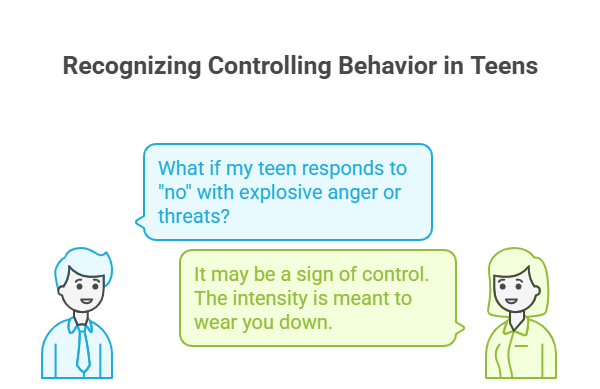
Normal frustration is one thing. But if your teen responds to “no” with explosive anger, prolonged silent treatment, or threats, it may be a sign of control. The intensity is meant to wear you down, so saying “no” feels costlier than saying “yes.”
5. They Try to Undermine Your Authority 🧍♀️
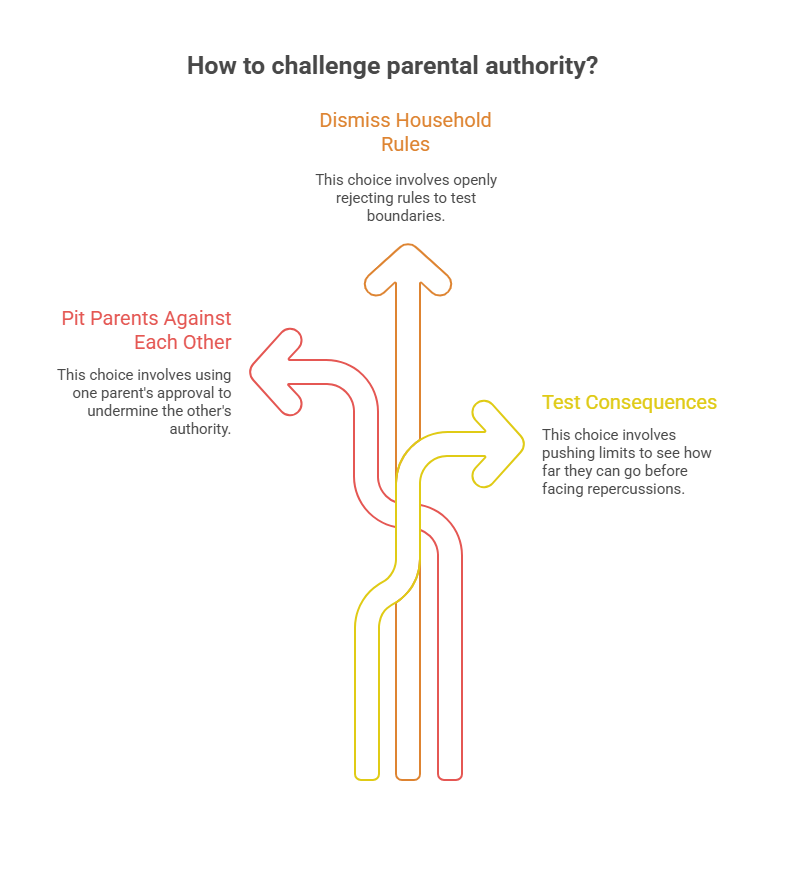
A controlling teenager often looks for cracks in the foundation of parental authority. They may pit one parent against the other (“Dad said I could”), dismiss household rules as “stupid,” or test how far they can push before consequences kick in.
6. They Show Little Empathy for Others’ Needs 💔
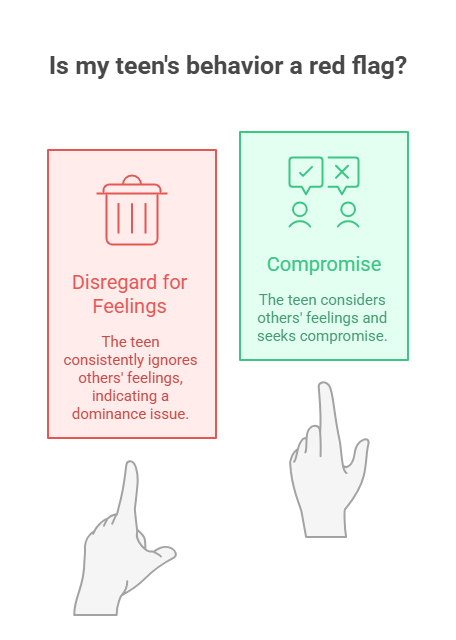
Another red flag: when your teen consistently disregards the feelings of siblings, parents, or peers if those feelings clash with what they want. It’s less about compromise and more about dominance.
Example: A sibling chooses a TV show, and your teen changes the channel without discussion.
7. They Keep You on Edge 🌫️
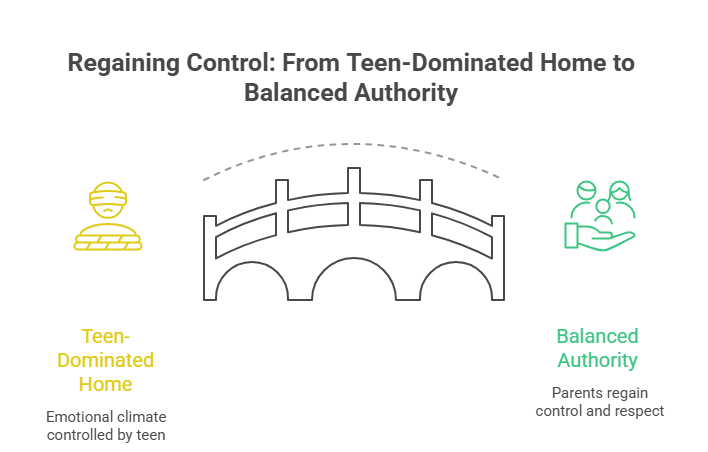
Do you find yourself tiptoeing around your teen—afraid to set limits because of how they’ll react? This isn’t just normal teenage moodiness. It’s a sign they’ve gained control of the emotional climate at home.
🌟 Why This Matters
Teens pushing boundaries is natural; it helps them grow into independent adults. But when pushing boundaries turns into controlling the household, it can create unhealthy dynamics that persist into adulthood—affecting their relationships, careers, and emotional well-being.
Recognizing the difference between independence and control helps parents reclaim balance. Setting consistent boundaries, modeling respect, and sometimes seeking outside support (like family counseling) can shift the dynamic back to healthy ground.
✨ Final Thoughts
A controlling teen isn’t a “bad kid”—they’re a young person learning how to handle power, independence, and emotions in a messy world. By noticing the signs early and responding with firm but loving boundaries, you help them learn that respect and compromise are part of every healthy relationship.
Parenting through this stage can be challenging, but it’s also an opportunity: to guide your teen toward becoming not just independent, but empathetic, responsible, and resilient. 💙




